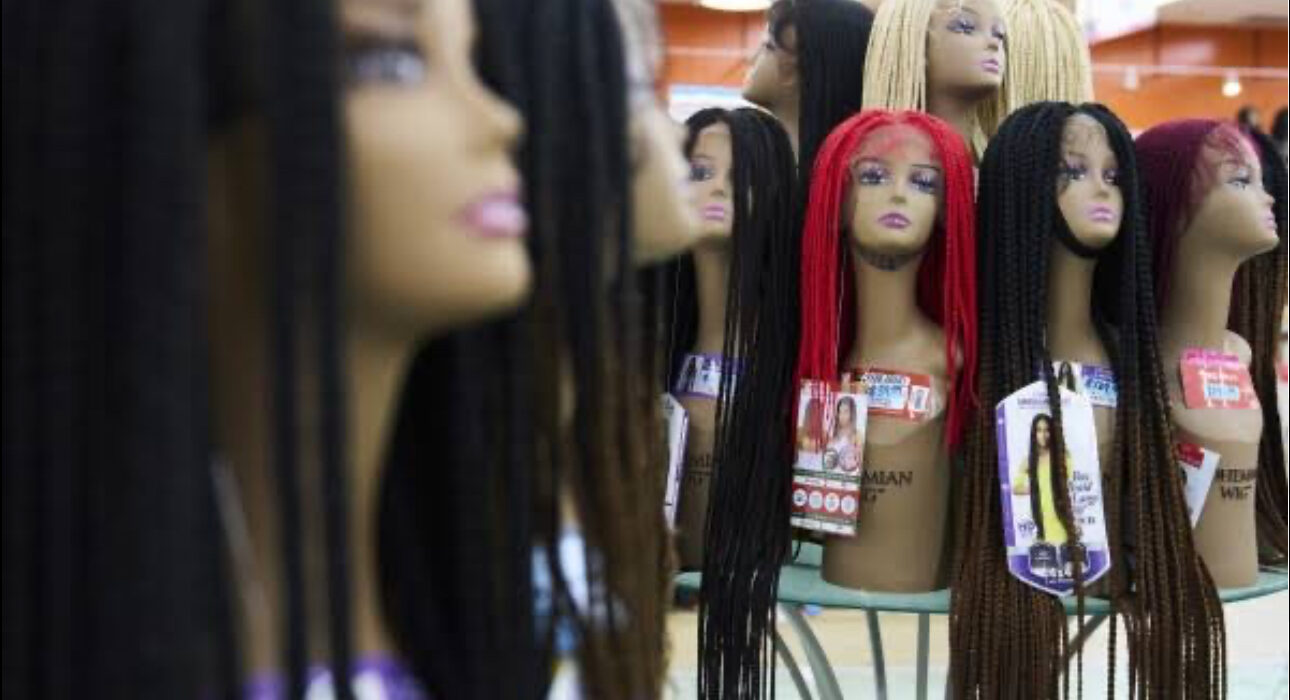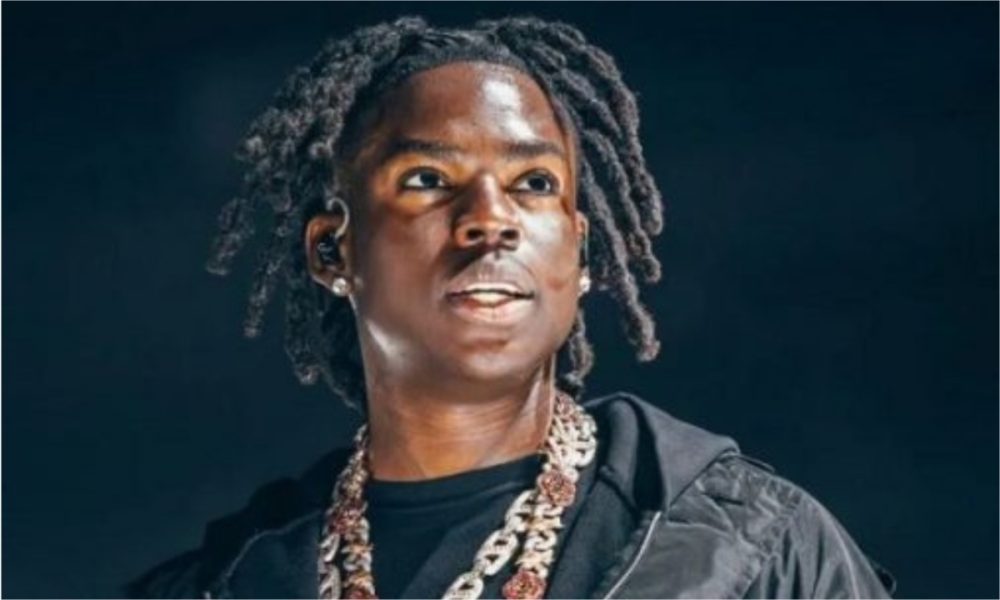Trump’s Tariffs on Chinese, Vietnamese Hair Products Squeeze Black-Owned Salons in U.S.

A wave of tariffs imposed on hair products imported from China and Vietnam under the Trump administration is driving up costs across the U.S. Black beauty industry, leaving salon owners and beauty supply businesses struggling to stay afloat.
The new duties—ranging as high as 125% to 145%—have sharply increased prices on essential items like wigs, weaves, extensions, and hair glue.
For many Black-owned salons, which rely heavily on imported products to meet customer demand, the price hikes are proving devastating.
In Georgia, stylist Dajiah Blackshear-Calloway has seen clients cut back as costs soar.
Her quick weave service, once affordable at $140, can now cost nearly $400 when she provides the hair herself. “People are doing their hair less, or bringing their own bundles,” she explained, noting that the financial burden is altering customer habits.
In Philadelphia, entrepreneur Kadidja Dosso, who runs Dosso Beauty, endured month-long delays after U.S. customs held up $50,000 worth of braiding hair from China over tightened paperwork requirements.
Meanwhile, in California, Slayyy Hair founder Diann Valentine was hit with a staggering $300,000 tariff bill on a shipment, forcing her to raise prices by 20% and lay off staff just to survive.
The strain has already pushed some businesses to close. In Atlanta, former beauty store owner Dionne Maxwell shut down her physical location after customer traffic plummeted, shifting instead to online sales to cut overhead costs.
Industry analysts warn the impact is particularly severe for Black entrepreneurs. The Black hair care industry, valued at more than $3 billion annually, depends almost entirely on imported hair, much of it from China and Vietnam. With smaller financial buffers and less access to credit than many of their counterparts, Black-owned salons are among the least equipped to absorb sudden tariff shocks.
According to Andre Perry of the Brookings Institution, the tariffs amplify long-standing inequities: “Because of the racial wealth gap, Black business owners have less capital to weather disruptions like this. Tariffs that look neutral on paper are hitting them hardest.”
Consumers, too, are feeling the pressure. Higher salon prices have already prompted many to cut down on visits or turn to do-it-yourself styling at home. Analysts say this shift could further weaken small salons that depend on steady customer flow.
For many in the industry, the tariffs represent more than just an economic challenge—they threaten access to culturally significant beauty practices that are central to Black identity and expression. Salon owners and trade advocates are now urging the government to reconsider the policy or provide relief measures to help businesses survive.
As the tariff battle continues, the resilience of Black-owned salons is being tested, with many caught between soaring costs and the risk of losing loyal customers who can no longer afford the rising prices.









